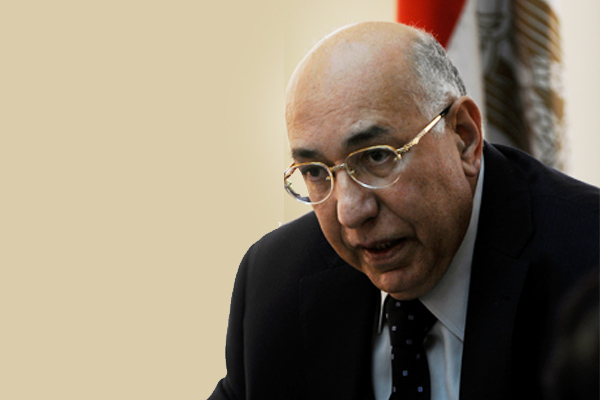ABU DHABI: The United Arab Emirates has pledged $3 billion in financial assistance to Egypt during a visit to the oil-rich Gulf state by Prime Minister Essam Sharaf, state media said.
UAE President Sheikh Khalifa bin Zayed Al-Nahayan "has issued directives to allocate an aid package of $3 billion for Egypt," the official WAM news agency reported late on Monday.
The UAE will establish a $1.5 billion fund in Egypt for small and medium-sized enterprises, to be named after the Emirati ruler, "with the objective of providing business and job opportunities to a broad range of Egyptian youth," WAM said.
"Sheikh Khalifa also directed allocation of $750 million as a grant to develop housing and infrastructure projects for the schemes to be created under the fund," the news agency added.
"Another $750 million will be set aside as concessionary loans for different projects in Egypt," it added.
The Egyptian economy, which depends in large part on tourism, has seen a dramatic drop in tourist arrivals and near zero economic growth since the revolt that ousted former president Hosni Mubarak in February.
The interim government estimates it needs between 10 and 12 billion dollars in international funding to keep it going until mid-2012.
But last month the government announced that it would not draw on a $3 billion loan facility it had secured with the International Monetary Fund, nor would it take up a World Bank offer of assistance, preferring instead to turn to Arab states.
Saudi Arabia has pledged $4 billion in assistance in the form of long-term loans and grants, while Qatar has pledged to invest $10 billion, according to Egyptian authorities.
Cairo’s decision to decline international financing reflects a desire to preserve Egypt’s economic independence and its preference for Arab capital, as well as the transitional authority’s reluctance to make long-term decisions on debt.
The IMF’s deputy director for the Middle East, Ratna Sahay, said on June 30 that the crisis lender remained ready to support Egypt and rejected accusations that the facility originally proposed had politically tough secret conditions to force privatizations and end subsidies.
"It would have supported plans to increase investment in the education, health, and low-income housing, which would in turn have helped the Egyptian economy to recover faster," she said.


